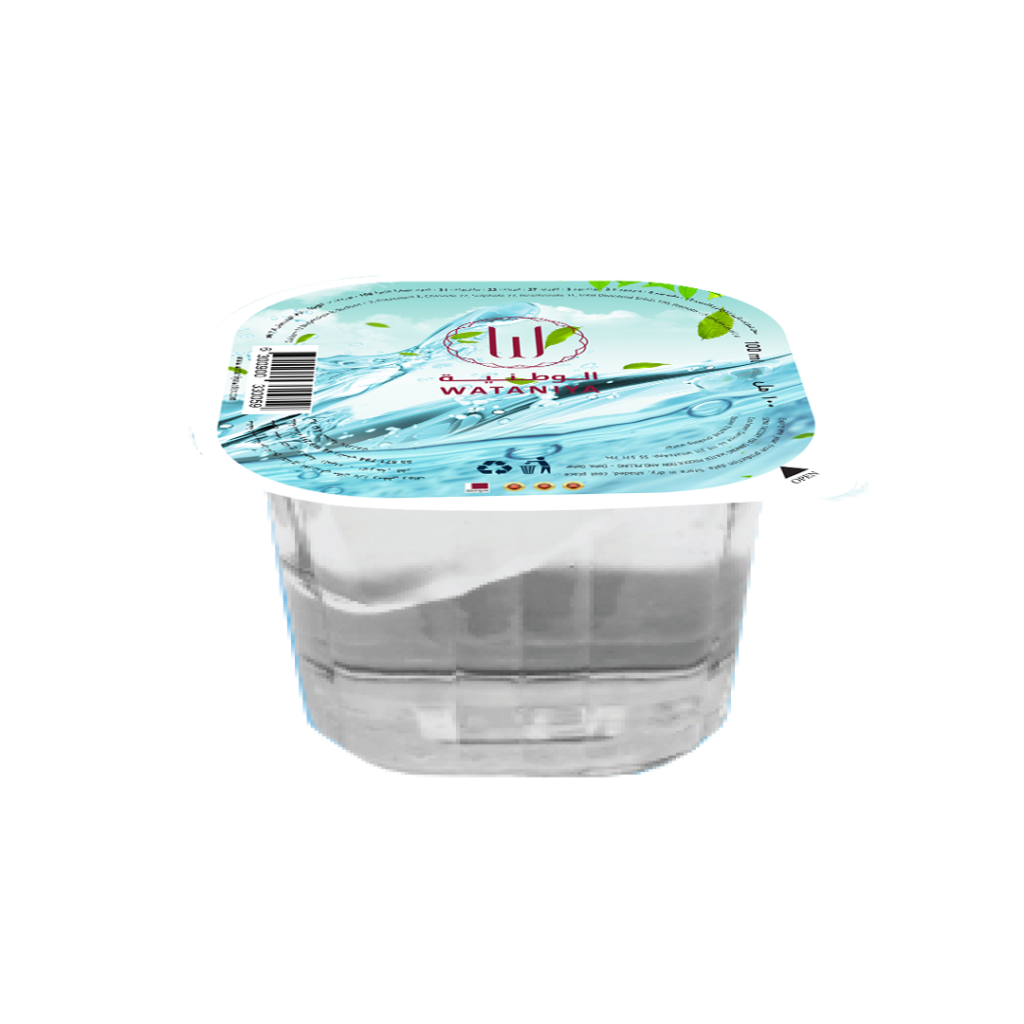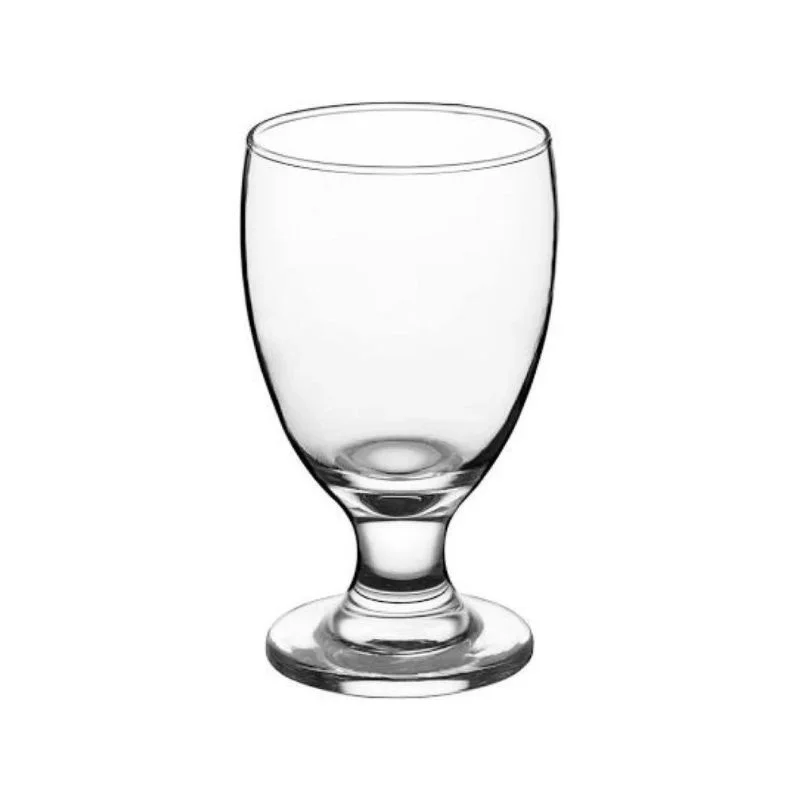Cup Of Water: The Essential Guide To Understanding Its Importance And Benefits
Water is life, and a simple cup of water plays a vital role in maintaining our health and well-being. Whether you're an athlete, a busy professional, or someone simply looking to improve daily habits, understanding the significance of drinking water can transform your lifestyle. A cup of water isn't just hydration—it's a powerful tool for improving physical and mental performance.
Drinking enough water daily is crucial for our bodies to function properly. It supports digestion, regulates body temperature, and ensures that nutrients are transported efficiently throughout the system. However, many people underestimate the importance of staying hydrated, which can lead to various health issues.
In this article, we will explore the benefits of drinking a cup of water, how it impacts your health, and practical tips to incorporate hydration into your daily routine. By the end, you'll have a deeper understanding of why a cup of water is more than just a beverage—it's essential for life.
Read also:Exploring The World Of Big Booty Femboys A Comprehensive Guide
Table of Contents
- Biography of Cup of Water
- Importance of Drinking a Cup of Water
- Hydration Levels and Their Impact
- Benefits of Drinking a Cup of Water
- The Science Behind Staying Hydrated
- Practical Tips for Staying Hydrated
- Common Myths About Drinking Water
- Comparison of Water Sources
- Environmental Impact of Water Consumption
- Conclusion
Biography of Cup of Water
While a "cup of water" might not be a person, it certainly has a story worth telling. Water has been essential to human existence since the dawn of civilization. Ancient cultures revered water as a source of life, and its importance remains unchanged today.
Data and Facts
| Fact | Details |
|---|---|
| Average Water Content in Human Body | 60% |
| Recommended Daily Water Intake | 2-3 liters for adults |
| Percentage of Earth Covered by Water | 71% |
Importance of Drinking a Cup of Water
A cup of water may seem insignificant, but its impact on your health is profound. Staying hydrated ensures that your body maintains proper fluid balance, which is critical for several bodily functions. From regulating body temperature to supporting cognitive function, water plays a pivotal role in daily life.
Key Functions of Water in the Body
- Regulates body temperature through sweating and respiration.
- Supports digestion by breaking down food and absorbing nutrients.
- Protects tissues, joints, and the spinal cord by acting as a lubricant.
- Helps eliminate waste through urination, perspiration, and bowel movements.
Hydration Levels and Their Impact
Maintaining optimal hydration levels is crucial for overall health. Dehydration can lead to fatigue, dizziness, and even more severe conditions like kidney stones or heatstroke. On the other hand, overhydration can cause water intoxication, which disrupts electrolyte balance.
Signs of Dehydration
- Dark yellow urine
- Dry mouth and throat
- Headaches and dizziness
- Decreased urine output
Benefits of Drinking a Cup of Water
Drinking a cup of water regularly offers numerous benefits, from enhancing physical performance to boosting mental clarity. Let's explore some of the most significant advantages:
Physical Health Benefits
- Improves skin health and complexion.
- Supports weight loss by increasing metabolism.
- Reduces the risk of kidney stones and urinary tract infections.
Mental Health Benefits
- Enhances focus and concentration.
- Reduces symptoms of anxiety and depression.
- Boosts overall mood and energy levels.
The Science Behind Staying Hydrated
Scientific research has shown that proper hydration directly impacts cellular function. Water acts as a solvent for biochemical reactions, enabling enzymes to function effectively. Additionally, it helps transport nutrients and oxygen to cells while removing waste products.
A study published in the National Library of Medicine highlights how even mild dehydration can impair cognitive performance and increase fatigue. This underscores the importance of maintaining adequate hydration throughout the day.
Read also:Penny Lane Nude A Comprehensive Exploration
Practical Tips for Staying Hydrated
Incorporating hydration into your daily routine doesn't have to be complicated. Here are some practical tips to ensure you drink enough water:
Simple Strategies
- Carry a reusable water bottle with you wherever you go.
- Set reminders on your phone to drink water at regular intervals.
- Infuse your water with fruits or herbs for added flavor and variety.
- Drink a cup of water before each meal to aid digestion.
Common Myths About Drinking Water
There are several misconceptions surrounding water consumption. Let's debunk some of the most common myths:
Myth vs. Fact
- Myth: You need eight glasses of water per day. Fact: Individual needs vary based on factors like age, activity level, and climate.
- Myth: Thirst is the first sign of dehydration. Fact: By the time you feel thirsty, your body may already be mildly dehydrated.
- Myth: All liquids count toward hydration. Fact: Caffeinated and alcoholic beverages can actually dehydrate the body.
Comparison of Water Sources
Not all water is created equal. Different sources of water offer varying levels of purity and mineral content. Below is a comparison of common water sources:
Types of Water
- Tap Water: Cost-effective but may contain impurities depending on location.
- Bottled Water: Convenient but raises environmental concerns due to plastic waste.
- Filtered Water: Removes contaminants while preserving essential minerals.
Environmental Impact of Water Consumption
While drinking water is essential, it's also important to consider its environmental impact. The production and disposal of plastic bottles contribute significantly to pollution. Opting for reusable bottles and supporting sustainable practices can help reduce this impact.
According to the United Nations, over 80% of wastewater worldwide is discharged into rivers and oceans without adequate treatment. This highlights the urgent need for better water management and conservation efforts.
Conclusion
In conclusion, a cup of water is far more than a simple beverage—it's a cornerstone of health and well-being. From supporting physical performance to enhancing mental clarity, staying hydrated offers countless benefits. By understanding the importance of hydration and incorporating practical tips into your routine, you can improve your overall quality of life.
We encourage you to take action today by drinking a cup of water and sharing this article with others. For more informative content, explore our other articles and stay hydrated!


